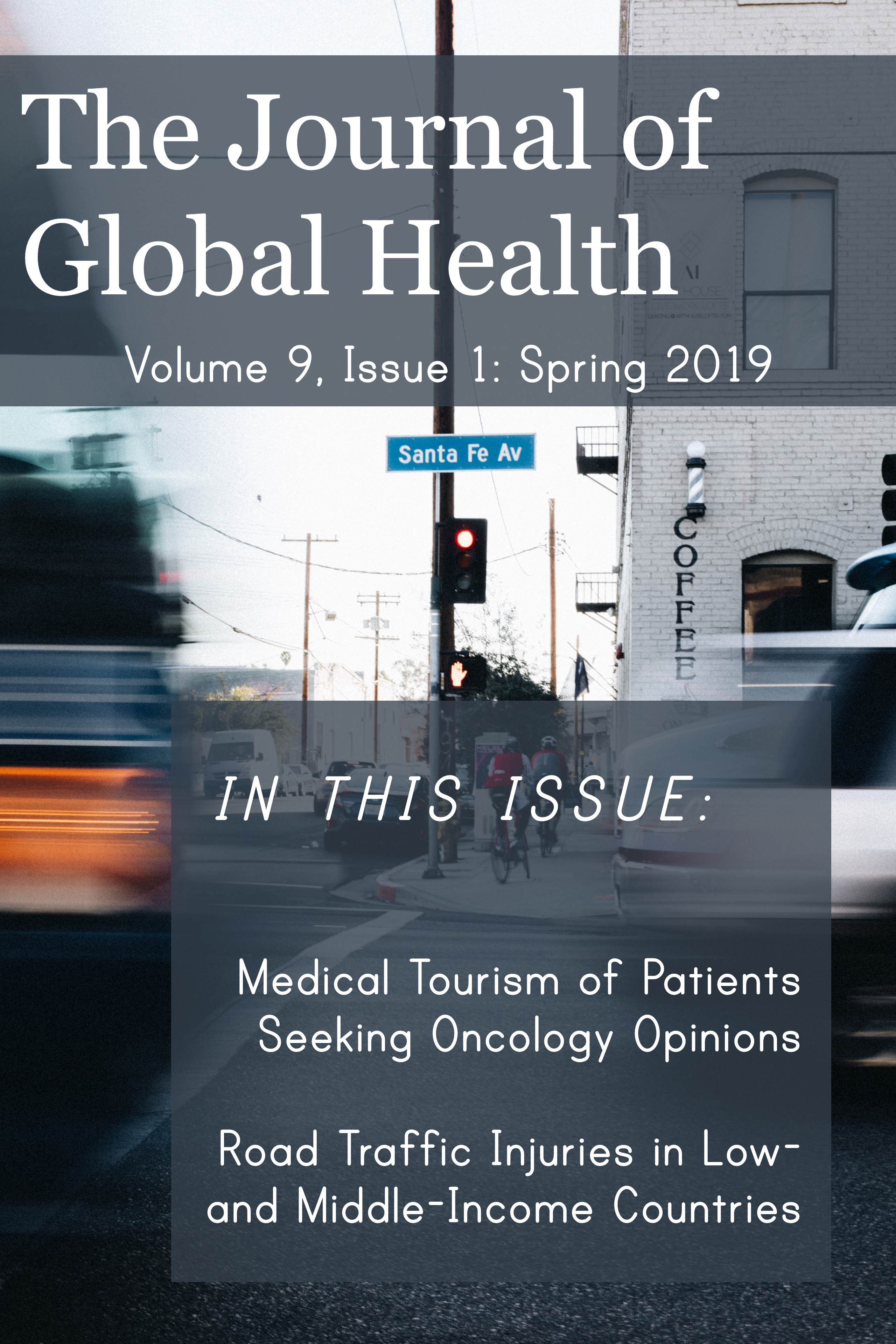Addressing Road Traffic Injuries in Low- and Middle-Income Countries: A Kingdon Policy Analysis
Main Article Content
Abstract
Background: Road traffic injuries (RTIs) are a leading cause of morbidity and mortality worldwide. Unfortunately, this burden disproportionately affects Low and Middle-Income Countries (LMICs) due to inadequate institutional capacity development for road safety. Despite global initiatives for reducing RTIs, two nations that continue to suffer most are Nepal and Uganda.
Objective: To identify the tools necessary to get RTI prevention/road safety on the policy agenda of LMICs.
Methods: The Kingdon Multiple Streams Framework is applied to Nepal and Uganda to identify successful and damaging elements to getting RTI prevention/road safety on the policy agenda.
Results: Nepal lacks RTI evidence, limiting its ability to define a prominent road safety issue. Accordingly, governmental efforts have been minimal, and the issue is largely being addressed by non-governmental organizations. The introduction of the Decade of Action for Road Safety 2011-2020 functioned as a brief policy window for Nepal, but due to political instability and absence of a policy entrepreneur, the streams have not aligned, and road safety remains a low priority. Akin to Nepal, Uganda’s RTI evidence is insufficient. However, the 2018 Road Safety Performance Review can be understood as strengthening Uganda’s problem definition and opening a policy window. The problem, defined as the worst RTI fatality rate in the African region, converged with existing national and international policy solutions. Some of these solutions are easy to implement, and considering the current favorable political climate as well as the presence of a pivotal policy entrepreneur, efforts are underway to improve Uganda’s road safety.
Conclusions: Political stability is primarily needed before any progress can be made for agenda item prioritization. Secondly, the problem must be well-defined as well as feasible and valuable solutions must be available to address the issue. Above all, the three streams, problem, policies and politics must align, and there is greater likelihood of this occurring if a LMIC has a prominent policy entrepreneur.
Article Details

This work is licensed under a Creative Commons Attribution 4.0 International License.

